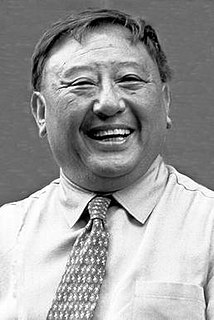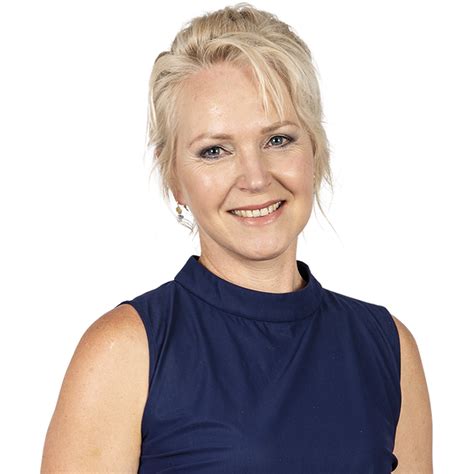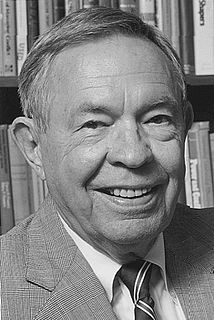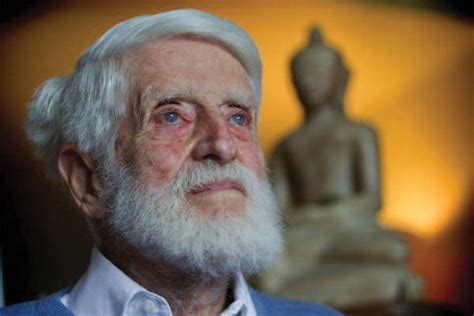A Quote by George Santayana
It would be hard to conceive a system of instincts more nicely adjusted, where the constituents should represent or support one another better. The husband has an interest in protecting the wife, she in serving the husband. The weaker gains in authority and safety, the wilder and more unconcerned finds a help-mate at home to take thought of his daily necessities. Parents lend children their experience and a vicarious memory; children endow their parents with a vicarious immortality.
Quote Topics
Another
Authority
Better
Children
Conceive
Constituents
Daily
Experience
Finds
Gains
Hard
Help
His
Home
Husband
Immortality
Instincts
Interest
Lend
Mate
Memory
More
Necessities
Nicely
Parents
Protecting
Represent
Safety
Serving
She
Should
Support
System
Take
Thought
Unconcerned
Vicarious
Weaker
Wife
Wilder
Would
Would Be
Related Quotes
Ego's trick is to make us lose sight of our interdependence. That kind of ego-thought gives us a perfect justification to look out only for ourselves. But that is far from the truth. In reality we all depend on each other and we have to help each other. The husband has to help his wife, the wife has to help the husband, the mother has to help her children, and the children are supposed to help the parents too, whether they want to or not.
Contrary to popular opinion, the most important characteristic of a godly mother is not her relationship with her children. It is her love for her husband. The love between husband and wife is the real key to a thriving family. A healthy home environment cannot be built exclusively on the parents' love for their children. The properly situated family has marriage at the center; families shouldn't revolve around the children.
Does a soldier go to war in order to kill the enemy? no, he goes in order to die for his country. Does a wife want to show her husband how happy she is? no, she wants him to see how she suffers in order to make him happy Does the husband go to work thinking he will find personal fulfillment there? no, he is giving his sweat and tears for the good of the family And so it goes on: sons give up their dreams to please their parents, parents give up their lives in order to please their children; pain and suffering are used to justify the one thing that should bring only LOVE.
The ultimate end of all activity in the Church is to see a husband and his wife and their children happy at home, protected by the principles and laws of the gospel, sealed safely in the covenants of the everlasting priesthood. Husbands and wives should understand that their first calling-from which they will never be released-is to one another and then to their children.
Parents who are stressed or disturbed will have more difficulty in meeting their children's needs. Parents who have little support--from friends, relatives, neighbors, or the community--are more likely to be overburdened by the demands of their babies and to be unable to respond to them adequately. Parents who experience severe poverty or economic insecurity, who cannot satisfy their own basic needs, are likely to have difficulty in responding to their children's needs.
Usually women are the lynchpins of the family. They carry the brunt of the work at home and of being mothers and of taking care of the children. Not always. I have a wonderful husband, who is a great father and has helped tremendously at home. And I think that men are getting in touch and I think that the role that they have is so important, to be a good father and have a good career and be a good husband. But I think that as more and more women go into the workforce, you have to have more help at home and it becomes more of a sharing of responsibilities.
An adolescent does not rebel against her parents. She rebels against their power. If parents would rely less on power and more on nonpower methods to influence their children from infancy on, there would be little for children to rebel against when they become adolescents. The use of power to change the behavior of children, then, has this severe limitation: parents inevitably run out of power, and sooner than they think.
Another very interesting chapter is the education of children: the victims of problems of the family are the children. The children. Even of problems that neither husband nor wife have a say in. For example, the needs of a job. When the dad doesn't have free time to speak to his children, when the mother doesn't have time to speak with her children.
As many conventionally unhappy parents did in the 1950s, my parents stayed together for the sake of the children—they divorced after my youngest brother left home for college. I only wish they had known that modeling their dysfunctional relationship was far more damaging to their children than their separation would have been.
When I grew up, I realised what an amazing thing my parents did. It was such a big deal for my mom, a middle class woman, to decide to leave her children and husband to go and do her Ph.D. for three years. And my dad, who is even more middle class, a traditional South Indian, to let his wife do that.





































